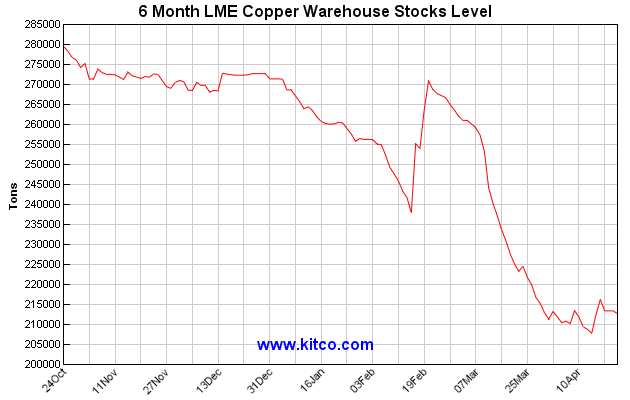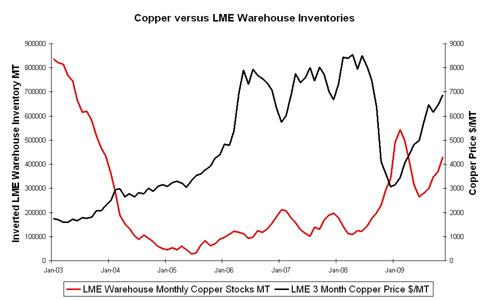
I continue to dislike almost all banking stocks. The only positive they have going for them is a large short position that could trigger a short lived spurt upward on any bullish news, but I don't believe it would be sustainable.
Banking faces large earnings headwinds and those are not all credit and spread driven issues. All banks have had to change their approach to excessive overdraft fees and now they face a dramatically smaller fee stream on debitcard transactions. Any real estate refi mini-boom is nearing an end as interest rates are rising, so the non- interest income contribution to earnings is going to be putrid.
On the interest income side of the P&L, I don't think banks can build enough reserves, through earnings, to cover past lending mistakes. They just have to keep doing what the banks and government have been trying to accomplish, and have to a large degree, that is talk a good story, defer losses, and raise equity. So far so good, unless you were among the diluted. Loan demand is anemic, bond yields minimal, and trading is being curtailed. I don't look for growth in net interest income. You won't reverse those trends by what a bank can earn on excess reserves held at the Fed.
I don't think a big short position and the prospect of dividend increases are more important than the lack of earnings growth in the long run. plus the guys running the banks today are proving to be less than brilliant as some some are already treading back into past mistakes. Credit card banks are already offering credit, at higher rates, to strategic and first time defaulters! Where are the regulators and Boards of Directors?
M&I was a good case of the walking wounded and sold to Bank of Montreal for about 1/2 book. More will be forced into the arms of the world's remaining healthy banks. Regions, Suntrust, Fifth Third, Huntington,Key etc. all are some degree of toast as they probably aren't too big to fail and will be forced into a sale at some fraction of book value as earnings growth will not be adequate to keep the balance sheet sound.






































